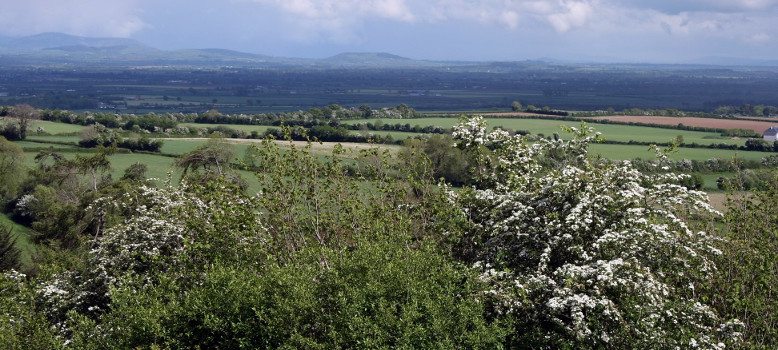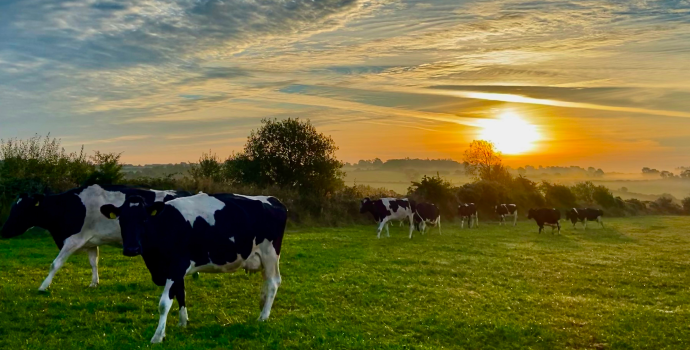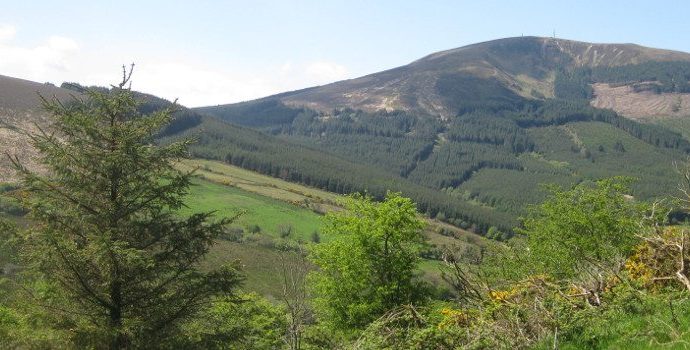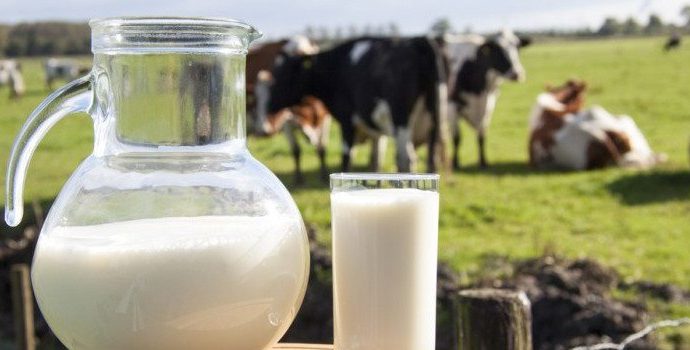Calls to Reduce Meat Consumption Ignore Reality

IFA Environment Chairman Thomas Cooney has said that calls for developed nations to reduce meat consumption as a solution to addressing the international climate challenge ignores the reality that future demand for meat, and proteins generally, will be driven by developing countries.
Thomas Cooney pointed out that aggregate meat consumption in developed countries grew by 1.3% in the last 10 years compared with 6.1% in developing countries, while milk consumption increased by 0.3% compared with 3.8% in developing countries. In addition, developing countries face significant resource stresses in meeting this increasing demand, particularly in areas such as water availability.
He said Ireland and developed countries cannot ignore the climate challenge, and in fact thousands of farm families across Europe, particularly in Ireland, are global leaders in sustainable food production
“No other country in the world monitors, measures and manages carbon from farm to fork like Ireland does. Initiatives such as the IFA-led Smart Farming programme addresses the dual challenges of improving farm incomes while reducing environmental impacts. In addition, farmers participate in carbon audits, with over 70,000 farmers measuring carbon in programmes such as Bord Bia’s Quality Beef Assurance programme. This is supported by a clear commitment from Government, with over €2 billion of the Rural Development Programme budget dedicated to climate and agri-environment programmes such as GLAS and TAMS.
This commitment to environmental improvement by so many farmers is unique. It represents a credible path for the sustainable intensification of the sector, with a fall in emissions by 9% since 1990, while the sector reported its sixth consecutive year of growth in exports.”
The IFA Environment Chairman said developing credible proposals for sectors such as transport and energy, which make up 90% of emissions in the EU, would be a better focus than pursuing unrealistic meat-free proposals. He said, these are areas where farmers can make further climate mitigating efforts through biomass and bio-energy production.




